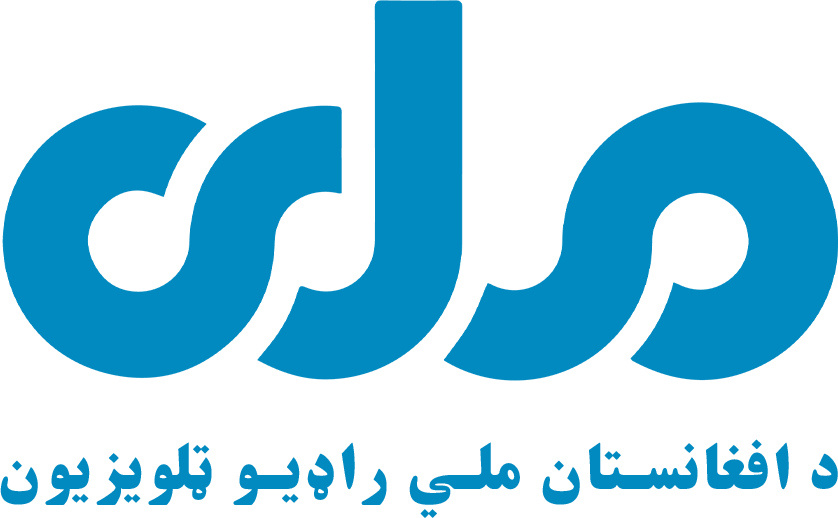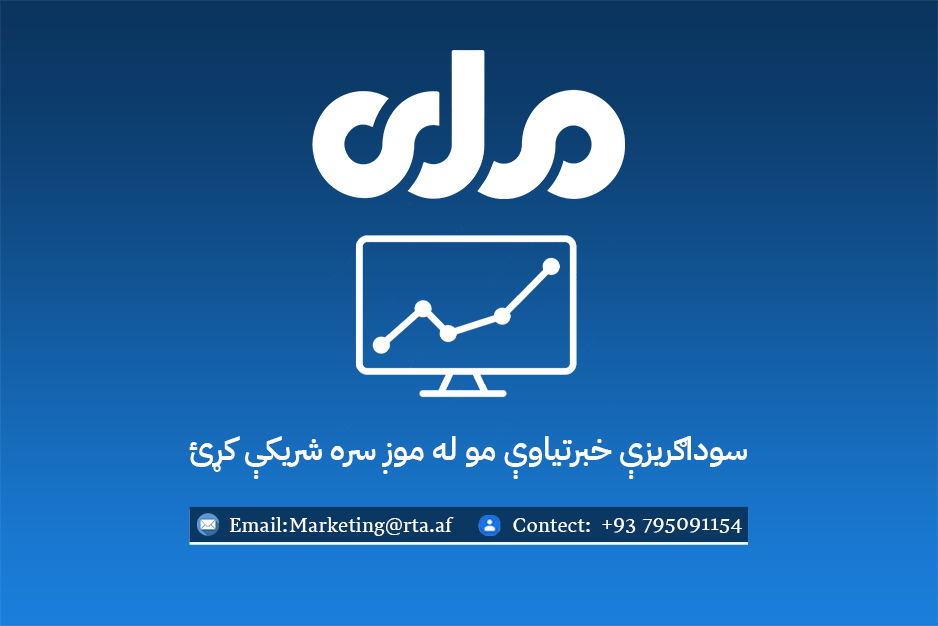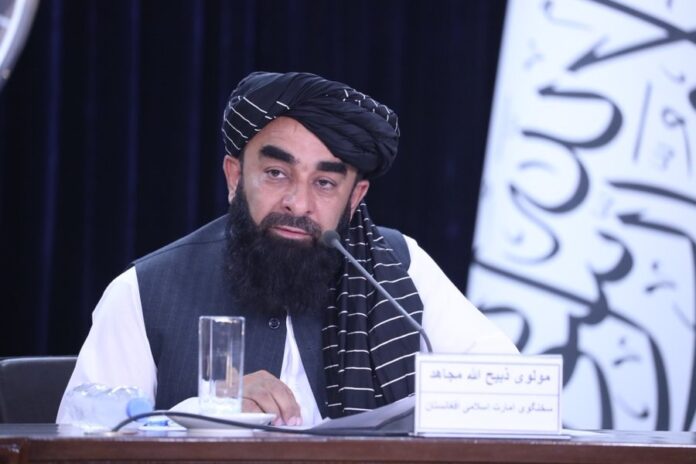In the name of Allah, the Most Compassionate and the Most Merciful
Under-Secretary-General for Political and Peacebuilding Affairs of the United Nations, Ms. Rosemary DiCarlo, respected representatives of countries and institutions, and especially the representative of the host country, Qatar, good evening!
I am pleased to represent the government and people of Afghanistan at such an opportune moment, initiated by the United Nations for Afghanistan, and to meet with representatives from numerous countries and international organizations.
I would like to express my sincere gratitude to the leadership of the government of Qatar for their valuable assistance in organizing and facilitating this meeting.
Our participation in this Doha meeting demonstrates that, despite the considerations we have, the Islamic Emirate of Afghanistan is committed to positive engagement.
We perceive the current Doha meeting as a crucial opportunity to engage in constructive dialogue regarding the unilateral and multilateral sanctions imposed on some officials and our financial and banking sectors, as well as the broader challenges confronting our national economy. This forum represents a positive step towards addressing these issues and providing reassurance to the Afghan people that the imposed restrictions on our nation will be alleviated in due course.
Dear Participants!
Afghans are questioning why the easing of sanctions on financial and trade sectors remains slow-paced? Why the government and the private sector consistently confronting various challenges? Afghans, who have been suffering from war and insecurity as a result of foreign invasions and interference for almost half a century, ultimately, gained independence, ended the war and built a system aimed at fostering positive engagement with the world, however, in return they faced sanctions and restrictions?
Is it fair and appropriate?
I do not deny that some countries may have problems with some measures of the Islamic Emirate. I think that policy differences amid states are natural, and it is the duty of experienced diplomats to find ways of interaction and understanding rather than confrontation.
The policy differences should not escalate to the extent that powerful countries use their leverage to impose security, political, and economic pressures on our people, affecting the lives of our nation in a significant way.
In addition, despite unilateral and multilateral sanctions and pressures, we banned the cultivation, processing and smuggling of poppy which affected the world.
Poppy cultivation, which remained as a significant challenge in Afghanistan, we reduced it to almost zero; however, in contrast, instead of recognizing and commending these initiatives, lifting banking restrictions to stimulate the country’s economy and unfreezing national reserves, some countries have continued with their policy of non-cooperation.
Dear Participants!
As our nation has fought throughout history for political independence and made historical sacrifices, the Islamic Emirate of Afghanistan is now endeavoring to achieve economic independence by laying the foundations of a self-sustaining and secure national economy. We are committed to advancing real economic development in Afghanistan, taking initial steps towards creating jobs, establishing factories, lifting people out of poverty, and creating business opportunities for women.
We appreciate the countries that provide humanitarian aid, however, the main solution to the economic obstacles of Afghans is to remove unilateral and multilateral sanctions, provide development aid and allow the government and people of Afghanistan to utilize their capacities without restrictions for the revival of the national economy.
An essential element of our foreign policy is economic orientation. With our economically oriented foreign policy, we have been able to provide connectivity to the region through Afghanistan. With the construction of the transportation railway from Uzbekistan to Afghanistan in the north, Central Asia will be connected with South Asia. Our respective entities are working closely with our Uzbek and Pakistani counterparts.
In collaboration with Turkmenistan, we have made significant progress regarding the implementation of the ambitious gas pipeline project (TAPI) over the past two years. This milestone ensures positive participation in energy exchange and connectivity between Central and South Asia through Afghanistan.
Furthermore, we have declared our commitment to the North-South corridor and look forward to collaborating with partner countries along this corridor.
In addition, with the end of the occupation and war in Afghanistan, not only that the opportunity to use its national capacities for the revival of the national economy of Afghanistan has been provided, rather, the entire region benefits from the security and stability in Afghanistan.
The relationships with regional countries demonstrate that the Islamic Emirate has the commitment and capacity to establish and maintain relations. Consequently, other nations, particularly Western countries, can remove the obstacles hindering the development of relations with the Afghan government. Like the regional countries, they can take genuine and practical steps toward positive engagement.
Dear Participants!
As mentioned, differences of opinion in certain areas are natural. However, the important thing is that the Islamic Emirate of Afghanistan has the will and commitment for positive interaction, enhancing relationships.
The Islamic Emirate of Afghanistan is keen on engaging constructively with Western nations as well. Like any sovereign state, we uphold certain religious and cultural values and public aspirations that must be acknowledged to facilitate progressive bilateral relations rather than encountering disputes and stagnation.
Our aspiration is for the national sovereignty, independence, values, and preferences of the Islamic Emirate of Afghanistan to be duly respected, as affirmed by the United Nations Charter.
By delineating Afghanistan’s internal matters from foreign relations, we could potentially achieve significant advancements in both bilateral and multilateral engagements. The Islamic Emirate of Afghanistan now represents a government that is the culmination of the Afghan people’s decades-long struggles. The political understanding between the Islamic Emirate of Afghanistan and other nations is steadily improving. For instance, Kazakhstan removed the Taliban from its list of prohibited groups last month, and it is anticipated that the Russian Federation will undertake a similar measure in the near future. Concurrently, the People’s Republic of China has officially recognized the ambassador of the Islamic Emirate of Afghanistan. Furthermore, numerous countries have accepted diplomats from the Afghan government, and we have active political representations.
Just as the regional countries have positively interacted with the current government of Afghanistan as a responsible system, we hope that Western countries will also prioritize mutual bilateral interests in a similar manner.
I would like to draw your attention to another critical humanitarian crisis:
Since last October, the ongoing genocide in Gaza, Palestine, has become the first genocide in history to be broadcasted live. This tragedy has severely undermined the credibility of countries and organizations that profess to uphold human rights.
It is important to note that certain entities directly involved in this humanitarian atrocity lack the moral standing to lecture us on human rights.
Over the past three years, the Islamic Emirate of Afghanistan has firmly established itself as a centralized, strong, and authoritative regime domestically. It has made substantial progress in developing national institutions, implementing infrastructure projects, and revitalizing the national economy. Moreover, it has achieved significant strides in enhancing bilateral relations with numerous countries, as evidenced by improved relations with neighboring and regional states.
Dear Participants!
To ensure the Doha meeting is productive and meaningful, we must focus on the following objectives to establish trust and demonstrate our collective commitment to Afghanistan’s security, stability, and prosperity:
First, the removal of all restrictions and sanctions, as well as the annulment of previous resolutions that have created significant barriers for Afghanistan’s private sector.
Second, the unfreezing of all foreign reserves of Da Afghanistan Bank, which are the legitimate property of the Afghan people, and restoring them to the bank’s control to:
· Enhance the implementation of monetary policy,
· Strengthen the commercial banks, and
· Enable Da Afghanistan Bank to fulfill its foreign currency obligations to commercial banks.
The continued freezing of these reserves has severely impaired the ability of commercial banks to meet the currency needs of their clients, both domestically and internationally. Consequently, customers are often forced to resort to illegal methods to sustain their trade operations.
For the growth of the private sector, it is crucial that interactions between our banks and foreign banks resume, this will enable our traders to engage in commercial activities globally through legal (banking) channels.
Third, while Afghanistan has made significant strides in combating the cultivation, production, processing, and trafficking of narcotics, and continues to do so, it is essential to provide alternative livelihoods for Afghan farmers. This is a shared responsibility that must be addressed collectively, and Afghanistan should not be left to manage this challenge alone.
I propose the formation of working groups to address these issues and look forward to having effective and productive discussions with respected representatives on these matters.


